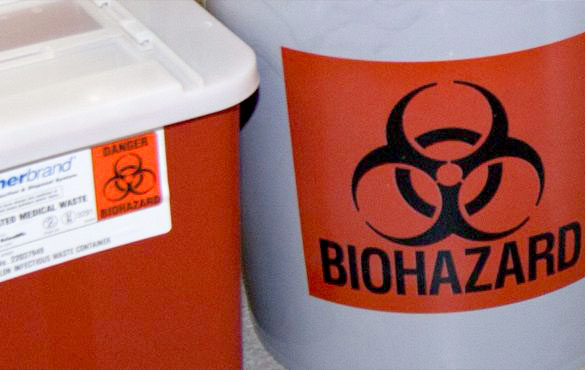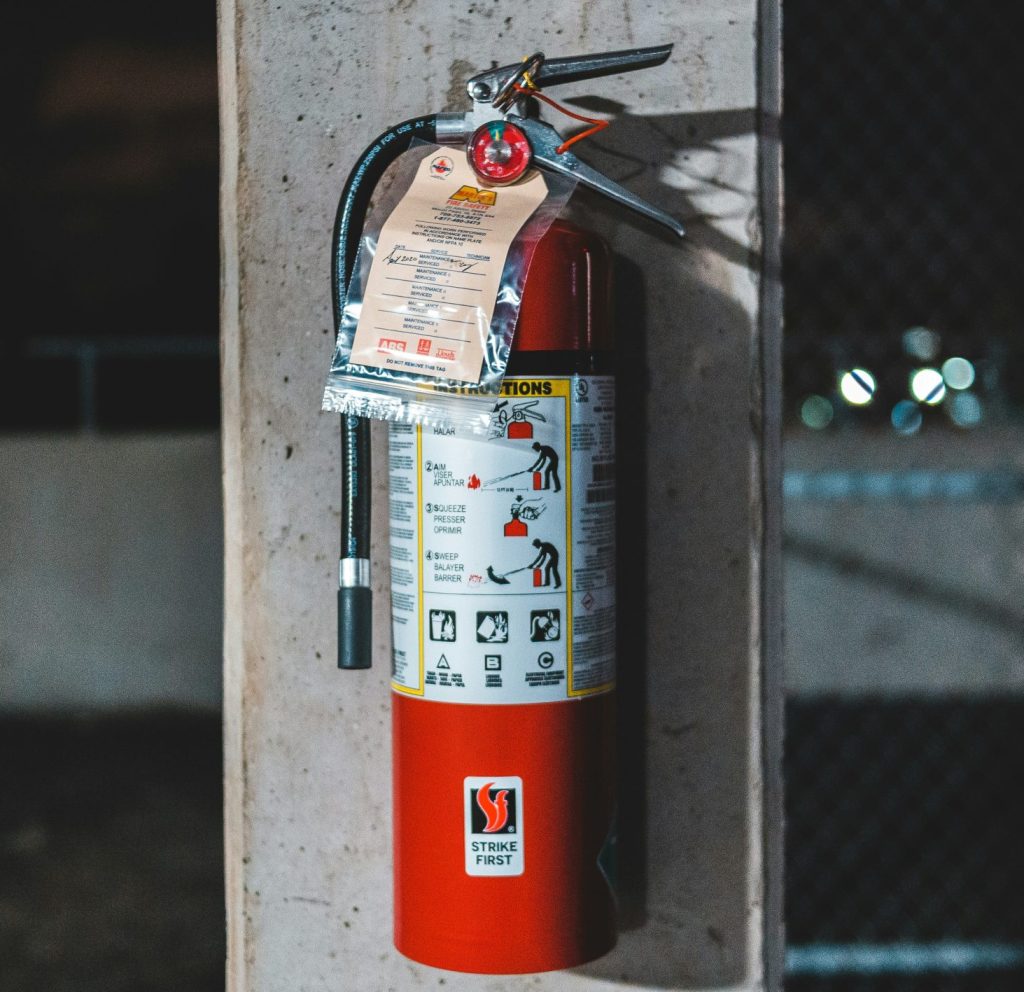[ Research & Clinical ]
EHS provides guidance, training, and oversight for anyone using one or more of the following hazards as part of their work
EHS provides guidance, training, and oversight for anyone using one or more of the following hazards as part of their work:
- Hazardous chemical, biological, or radiological substances and materials, or operations
- Hazardous machinery, equipment, or processes
- Animals
- Autonomous Vehicles
- Lasers
- Field Research
- Scientific diving
All University of Michigan faculty, staff, and students conducting research, regardless of location or working in academic shops and studios are responsible for the safety of themselves as well as those working around them. You must:
- Adhere to the highest standards for the safe operation of facilities and the protection of our environment, our employees, students, visitors, and the people of the communities in which we work by following rules and precautions of the applicable work environment.
- Continuously improve your safety practices.
- Take responsibility for personal safety as well as the safety of others in the work area by notifying everyone in the immediate vicinity of hazardous situations or operations, and following all alarms, warnings, and direction from emergency management staff.
- Receive and understand safety training appropriate to your level of activity, including the EHS Laboratory Safety Training Course and any additional training programs identified and provided by EHS, UMOR, or Unit for Laboratory Animal Medicine (ULAM) specific to actions being performed or materials being handled.
- Report issues or raise questions to your supervisor, professor, EHS, or the UM Division of Public Safety & Security (DPSS) so that action can be taken to prevent or correct safety concerns. Anonymous reporting may be made through the University Compliance Hotline





